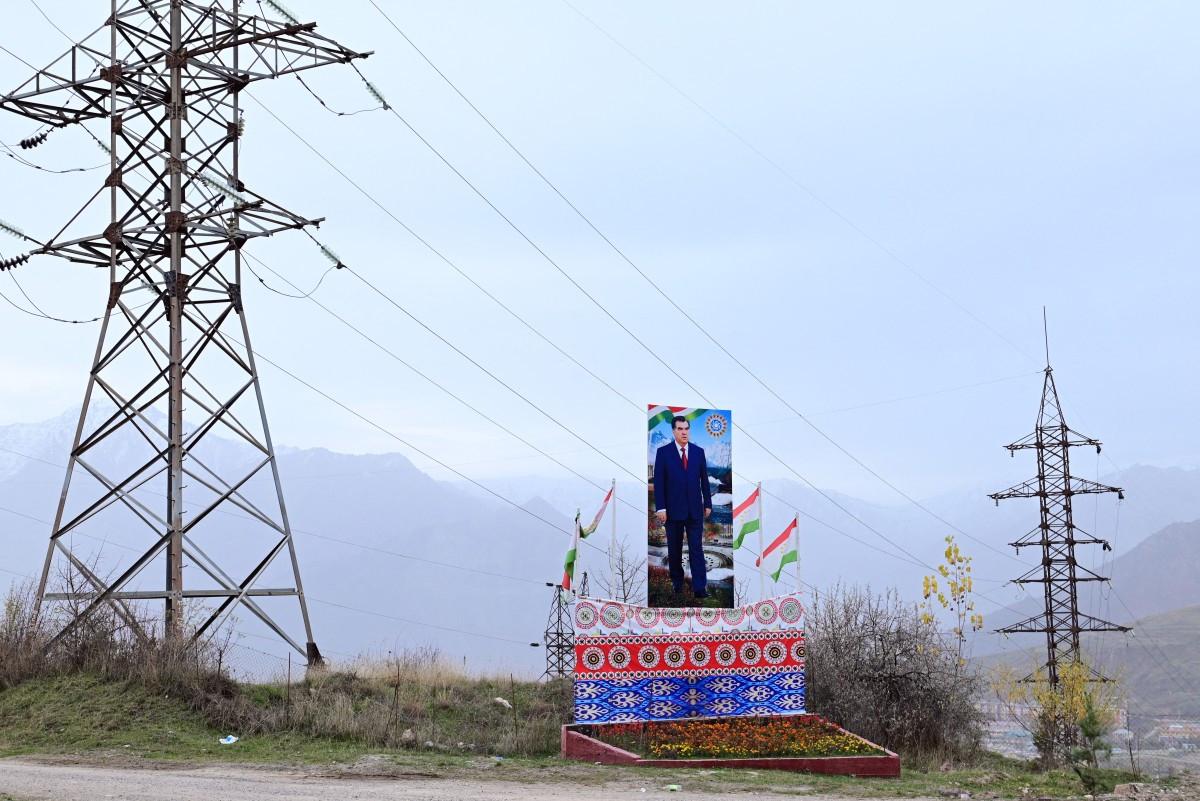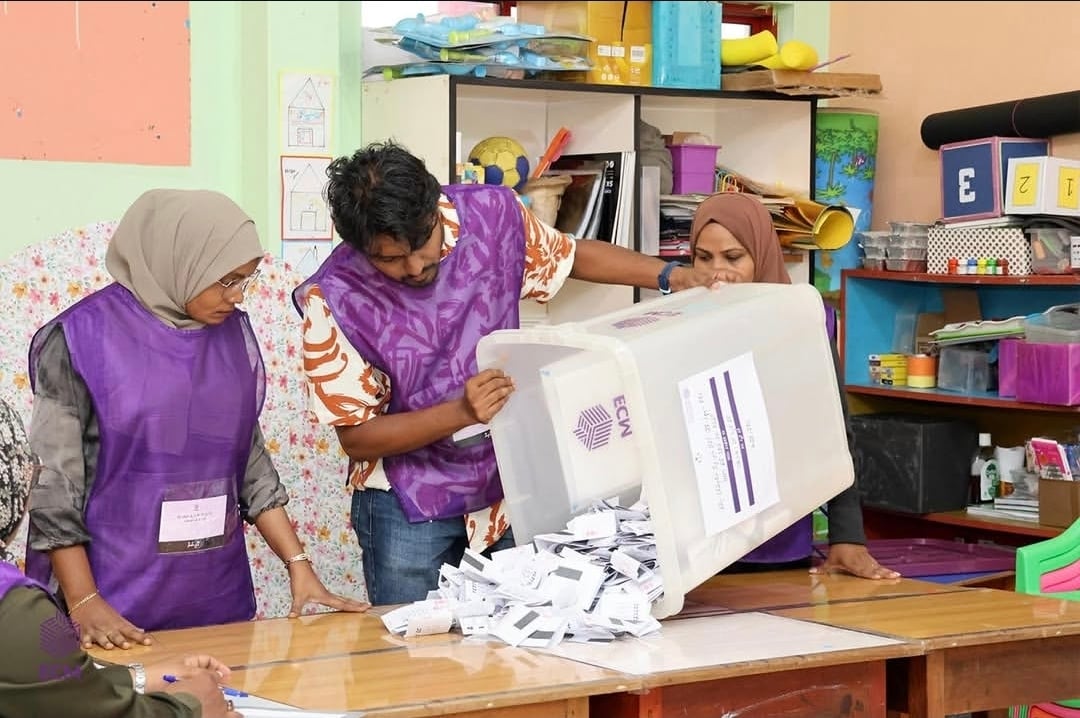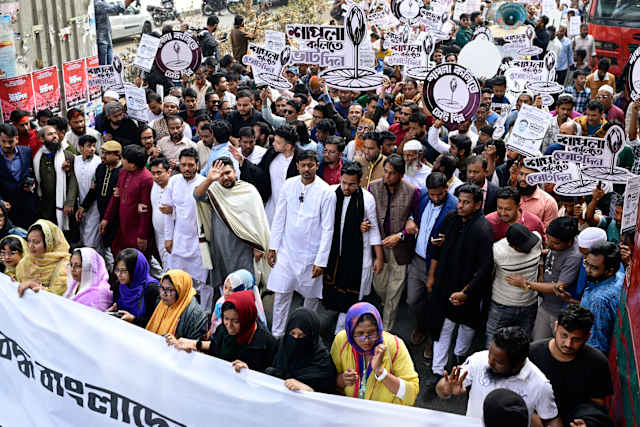In response to a worsening energy crisis, Tajikistan has introduced strict new penalties for electricity theft, with offenders now facing up to 10 years in prison for illegally using power.
The move comes as the Central Asian nation continues to struggle with chronic energy shortages, largely driven by declining water levels that fuel its hydroelectric plants—responsible for generating nearly 95 percent of the country's electricity.
Electricity in Tajikistan is already rationed for about six months each year, as the country’s aging energy infrastructure buckles under rising demand. Amid growing public frustration, the Ministry of Energy and Water Resources on Saturday announced amendments introducing “criminal liability for violations of regulations on the use of electricity.”
According to the new regulations, any attempt to disconnect or bypass electricity meters will be treated as a serious offense, punishable by up to a decade behind bars.
While the announcement was made over the weekend, it only surfaced in independent media outlets by Monday—highlighting the country's tight control over domestic press and information flow.
Justice Minister Rustam Shoemurod underscored the seriousness of the issue earlier this month, stating that individuals who tamper with meters or falsify readings to avoid payment are “seriously damaging the country’s economic interests.”
Tajikistan, an ex-Soviet republic led by President Emomali Rakhmon since 1992, has long battled recurring blackouts and rationing, especially during winter. With climate change further exacerbating water scarcity, the government appears to be taking a hardline approach to protect its limited energy resources.
The move comes as the Central Asian nation continues to struggle with chronic energy shortages, largely driven by declining water levels that fuel its hydroelectric plants—responsible for generating nearly 95 percent of the country's electricity.
Electricity in Tajikistan is already rationed for about six months each year, as the country’s aging energy infrastructure buckles under rising demand. Amid growing public frustration, the Ministry of Energy and Water Resources on Saturday announced amendments introducing “criminal liability for violations of regulations on the use of electricity.”
According to the new regulations, any attempt to disconnect or bypass electricity meters will be treated as a serious offense, punishable by up to a decade behind bars.
While the announcement was made over the weekend, it only surfaced in independent media outlets by Monday—highlighting the country's tight control over domestic press and information flow.
Justice Minister Rustam Shoemurod underscored the seriousness of the issue earlier this month, stating that individuals who tamper with meters or falsify readings to avoid payment are “seriously damaging the country’s economic interests.”
Tajikistan, an ex-Soviet republic led by President Emomali Rakhmon since 1992, has long battled recurring blackouts and rationing, especially during winter. With climate change further exacerbating water scarcity, the government appears to be taking a hardline approach to protect its limited energy resources.















